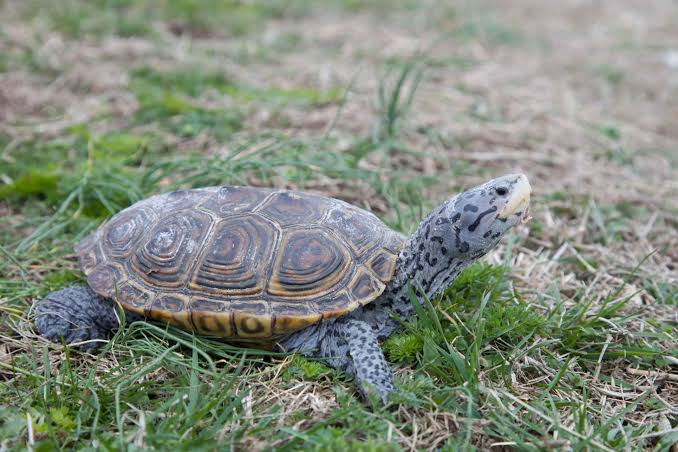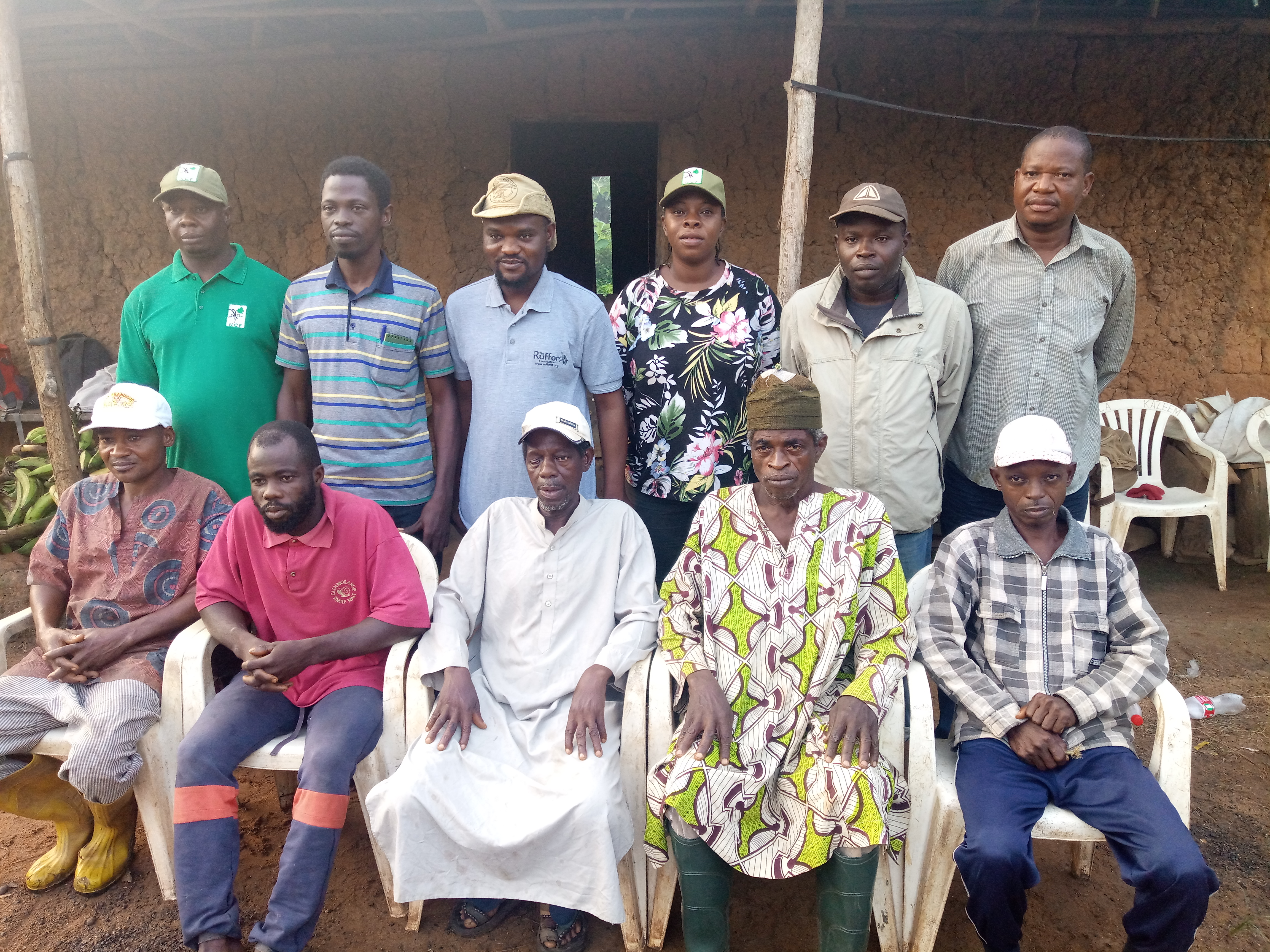No less than 40 turtles, some of whom have been wounded and distressed, have so far been rescued by various individuals and brought to the Conservation centre.
A pair of turtles were last month found and saved in Akwa Ibom, a state in Nigeria’s South-south region well known to be a fertile ground for the peddling of wildlife for food and have since been taken to a conservation centre in Uyo.
Pilot Enim Akwa, happened to be the rescuer of these two turtles when he bought them off a roadside trader looking for buyers. Thereby protecting the animals from becoming pieces of meat in a family’s cooking pot.
These animals are considered to be a delicacy in Nigeria and have thus earned a special designation as “bushmeat”.
Unsurprisingly, according to the research conducted in 2020 by Wildaid, an organisation combating the global consumption of wildlife, more than half of Nigeria’s population, precisely over 70% have feasted on wildlife at some point or the other.
The Biodiversity Preservation Centre welcomed the rescued turtles as Mr Akwa handed them over to Edem Eniang, a professor of wildlife and the head of the centre in the company of his wife.
Commenting on her husband’s commitment to the conservation of wildlife, Mrs Enwongo said in a Facebook post: ” I truly admire Enim, and the way he is firmly rooted where wildlife and the environment is concerned. He walks the talk, truly.” She also added that he had a similar “turtle rescue mission” nearly two years ago.
The turtles brought in are evaluated for any signs of trauma and helped to get healed before they are released into the wild.
The swamps around the Atlantic Ocean is the hunting ground where the indigenes go to hunt for the turtles.
However many others are brought into Akwa Ibom from nearby Cross River State where there are more stringent rules that attract punitive actions from the rangers at the National Park against anyone nabbed engaging in wildlife trade.
According to Mr Eniang, the spot along the highway where Mr Akwa bought the turtles is known as a turtle trade point in Akwa Ibom.
“Most times one passes there you’ll see them hanging them upside-down for sale” he observes. “So Inim (Akwa) is in the habit of, if he sees them when he is coming back from work, he will take them from those people and bring them for rehabilitation and release into the forest.
“I’m really amazed at his interest in the Preservation of that species.” He added
The specie of turtles rescued by Mr Akwa are an endangered specie known as the terrapin often found in fresh water and for a certain should not be hunted, eaten, or traded according to the professor.
“The Convention on International Trade in Endangered Species of Wild Fauna and Flora (CITES) prohibits the trade on Species. CITES is domiciled in Nigeria at the Federal Ministry of Environment. ” Mr Eniang said.
“Number two, the Convention of Biological Diversity which Nigeria is also signatory forbids us from trading in them.
“But most importantly, the Nigeria Endangered Species Act also forbids, likewise the National Park Act of Nigeria, the trade on this Species.”
Giving an insight into why he loves conservation, Mr Akwa revealed that it was inculcated into him by his father who always stressed the need to take care of nature. Thus by the time he got into secondary school he joined a conservation organisations which helped to hieghtened his knowledge and passion for conservation.
It is however a huge challenge to stop this practice of wildlife trade as the people who engage in it both in Akwa Ibom and in other parts of the country do not understand the value of conservation.
Mr Eniang hit the nail on the head as to what is truly informing this relentless practice of wildlife trade when he asked the pertinent question: ” But how can you plant conservation etiquette in a mind that is hungry?” And added: “There is so much hunger in the land, there’s so much challenge for survival. So nobody will listen to you except you give them an alternative. We need to build that into the conservation plan.”
“Funny enough, on my way back again today I saw one turtle again. I paid for it. I will take it to the professor. Today’s own, they wanted me to pay N5,000 but I ended up paying N3,000 for it.” Mr Akwa explained

